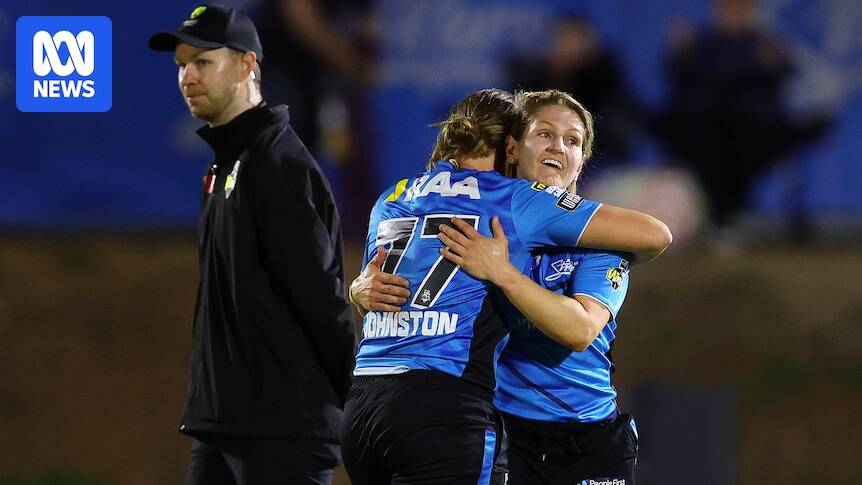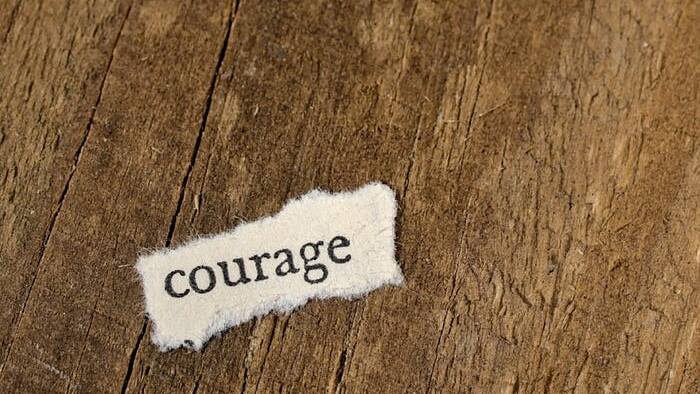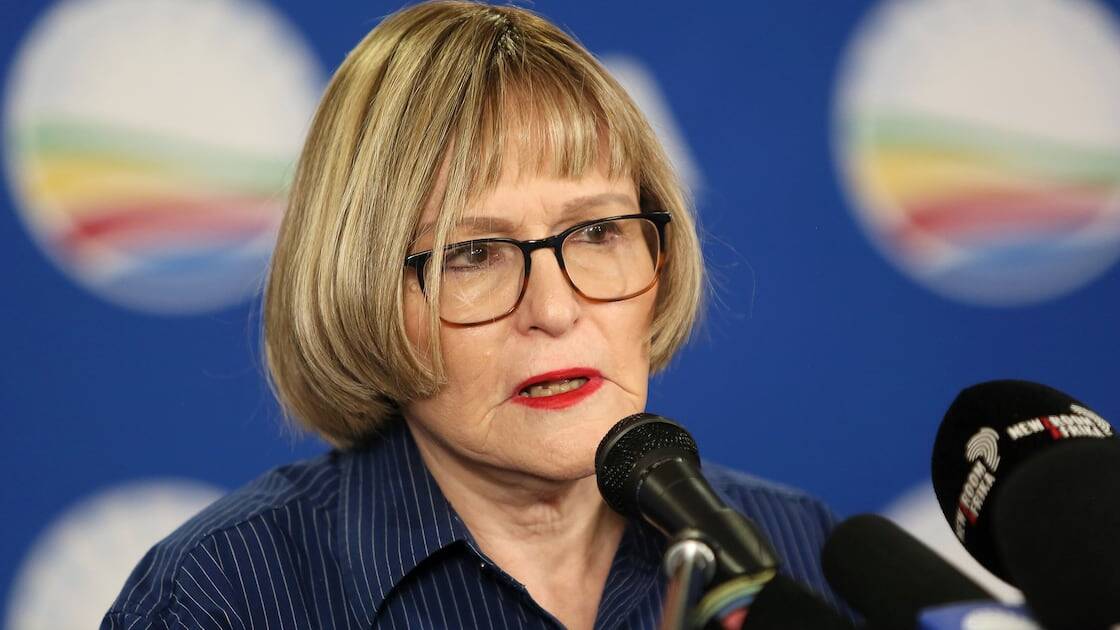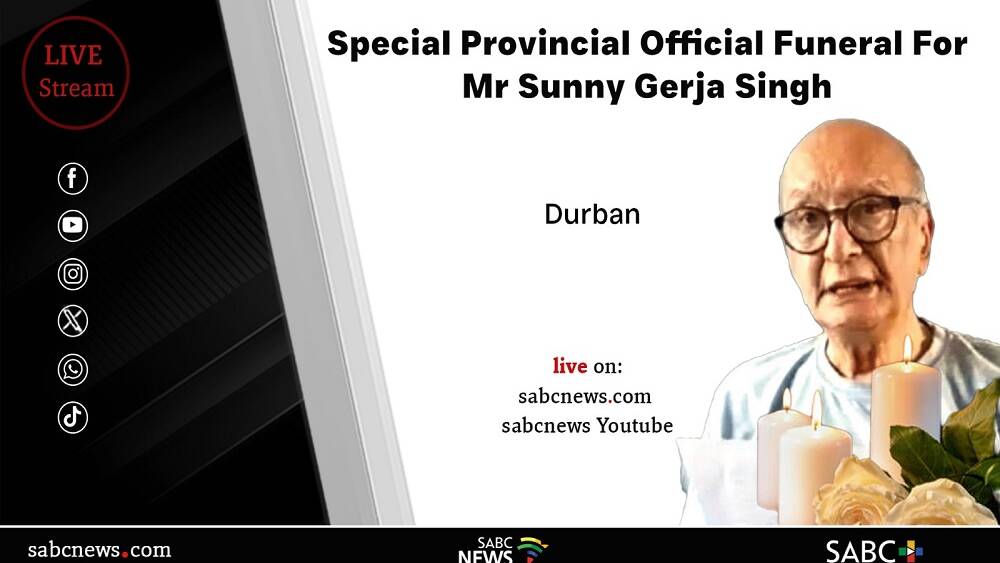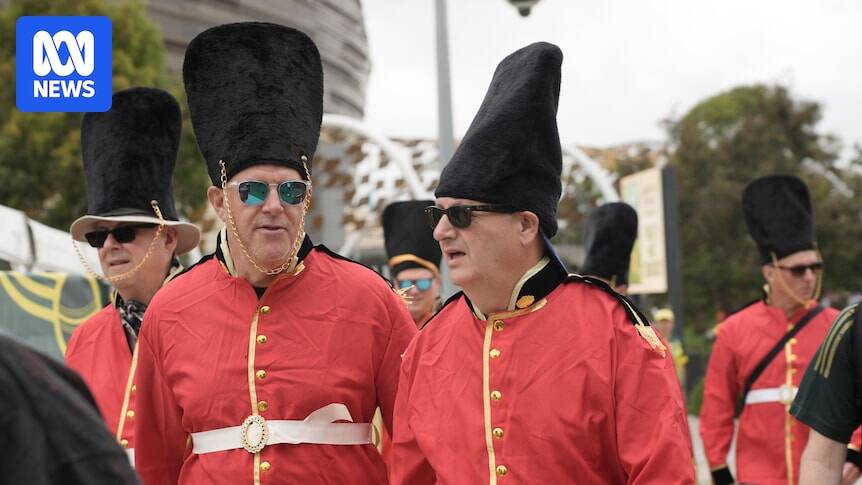Trump says US will 'permanently pause migration' from 'third world countries'
BBC | 28.11.2025 14:16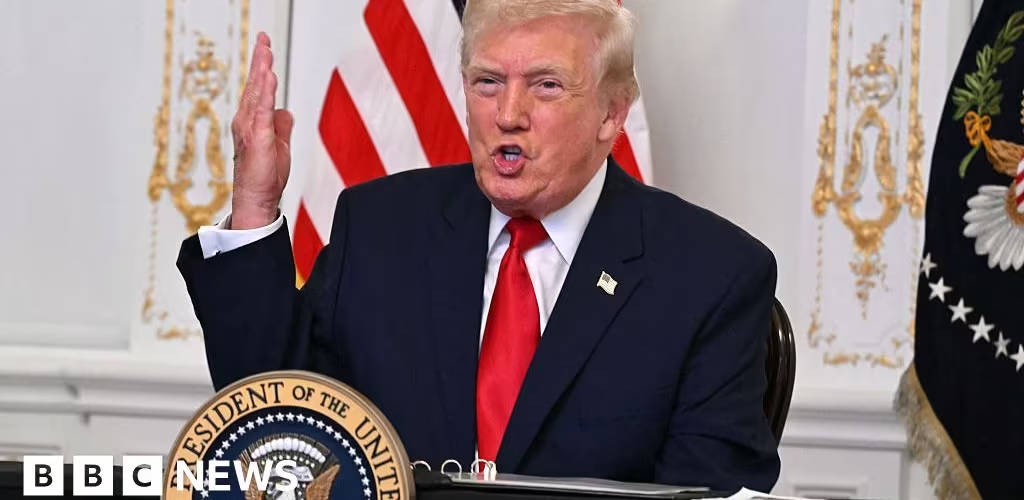
President Donald Trump has said he will "permanently pause migration" to the US from all "third world countries".
In a post on Truth Social, Trump said the decision would "allow the US system to fully recover" from immigration policies which had eroded the "gains and living conditions" of many Americans. He did not give details of his plan or name which countries might be affected.
The president also blamed refugees for causing the "social dysfunction in America" and vowed to remove "anyone who is not a net asset" to the US.
His comments come a day after an Afghan national was accused of shooting two members of the National Guard in Washington DC, one of whom died on Thursday.
Trump previously said the shooting underlined a major national security threat and he promised to take steps to remove any foreigner "from any country who does not belong here".
On Wednesday, the US suspended processing all immigration requests from Afghans, saying the decision was made pending a review of "security and vetting protocols".
In his latest post on Thursday night local time, Trump also pledged to "end all federal benefits and subsidies to noncitizens".
Earlier on Thursday, the US Citizenship and Immigration Services said it would re-examine green cards issued to individuals who immigrated to the US from 19 countries.
When asked by the BBC which countries were on the list, the agency pointed to a June proclamation by the White House that included Afghanistan, Cuba, Haiti, Iran, Somalia and Venezuela.
There were no further details about what the re-examination would look like.
Both announcements follow reports that the suspect in Washington DC shooting came to the US in 2021 under a programme that offered special immigration protections to Afghans in the wake of America's withdrawal from Afghanistan.
Officials said Rahmanullah Lakanwa once worked alongside the CIA in Afghanistan and helped guard US forces at Kabul airport during evacuations, a former military commander who served alongside him told the BBC's Afghan Service.
